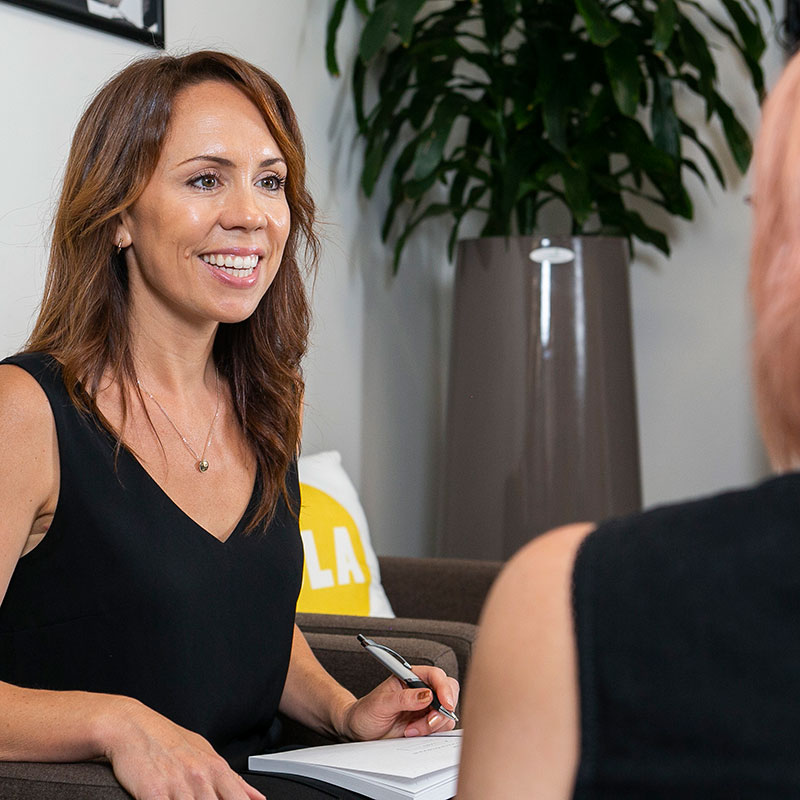Career Coaching & Interview tips to stay ahead


3D Recruit
Career & Interview Coaching
Interviews are the BEST part of your job search. Rather than seeing the interview as a one-sided question and answer session, this is your opportunity to SHINE! Aim to use the opportunity of getting in front of your future employer to allow them to see how you can add value in the role, and the key to doing this is in building a rapport which engages the interviewer and being clear on the professional image of yourself you wish to portray.
It is essential that you prepare for an interview to maximise your chance of success. The more prepared you are, the easier you will find it to respond to questions with confidence, and make a good impression. We often suggest having a ‘bank’ of examples and scenarios in your mind to back-up and evidence your responses. This can set you apart from other applicants. Use real examples and allow the interviewers to get to know you and how you respond in real-life situations.
Bear in mind that although the structure of the interview is led by the employer, some interviewers are not trained in interviewing and often get a little nervous themselves. If you believe you have lots to offer and lots to give, make sure they know it too. If you are already confident and have no issues there, then be sure to listen carefully to the questions to help guide your answers.
The following Interview Hot Tips is to assist you with preparing for an interview; the tips have been split into 4 key steps – Preparation, Presentation, The Interview, and Closing the Interview.
We look forward to further assisting you with the interview process and providing you with other helpful tips.
Four Key Steps
Preparing for an interview
1. Preparation
- Research the organisation – Services, Customers, Mission and Values. If you already have a good feel for the company and what’s important to them, you’ll already know how to shape your answers to what they are looking for
- Familiarise yourself with the job description requirements – Essentials and Desirables
- Think about answers to the below questions as they are commonly asked during interview– Tell me about yourself?– What do you know about the organisation?
- Refresh your memory on the Highlights of own employment history, experience and achievements
- Prepare questions to ask at the interview – what do you really want to know that will make you really want this position over any other role, and bear in mind that the questions you ask will give insight to your key motivators
- Ensure you know the details of interview time, date, location and the names of who you will be meeting


2. Presentation
- Attend to all aspects of your personal grooming and presentation
- Dress conservatively and suitably to the culture of the company and the image you wish to project
- Think about how your friends and close colleagues describe you and go with this positive image in mind in your personal presentation
- Arrive at the interview location early, calm and fully prepared
3. The Interview
Professional actions include:
- Give a friendly and confident handshake
- Maintain eye contact (but you can blink!)
- Use the interviewer’s names from the start to create personal connection
- Be aware of your body language, and aim to project a natural manner
- Smile, even if a question throws you – the best thing you can do is smile and let them see the natural you
- Deliver answers with positive enthusiasm whilst remaining genuine
- Be sure to listen carefully to the key message in the question – what are they looking for in the answer
- Use active verbs that people who know you well use to describe you – especially close colleagues

Interview Questions
The interview questions can take two forms; Unstructured and Behavioural based questions.
Unstructured Interview Questions are used when they are looking to get an overall impression of the individual. Questions can be fairly random and quite open. A question such as “What can you offer our company?” gathers general information about the candidate but does not test any specific competency.
Behavioural Interview Questions are more systematic, with each question targeting a specific competency. Candidates are asked questions relating to their behaviour in specific situations, and the candidate uses real life examples and experiences.
- Situation – describe the situation that was taking place
- Task – outline what was required of you
- Action – provide details on what you did in order to achieve the task
- Result – what was the outcome of the process?

4. Closing The Interview
The closing of the job interview is key to success. Your aim is to leave the interviewer with the lasting impression that you are absolutely the right candidate for the position.
- Ask the questions you prepared– suggested areas are the role itself, the company, management / reporting lines, opportunities for progression
- Reinforce the positive – summarise your understanding of the key elements of the role as you understand and how your key strengths make you a good fit for the position. This is brave but worth it!
- Express your enthusiasm for the position – Make sure the interviewers know that you are interested in the position and company
- Find out the Next Step in the interview process
- Thank the Interviewer for the opportunity to interview and meet with them, give a confident handshake, smile and make confident eye contact when doing this. (It sounds obvious but you’d be surprised!)
- Ask for a business card / contact details from the interviewer to follow up and write a thank you note
For more information on how to prepare for interviews please feel free to contact us.
Our consultants are trained and experienced in behavioural interviewing and can coach and guide you with more detail.

